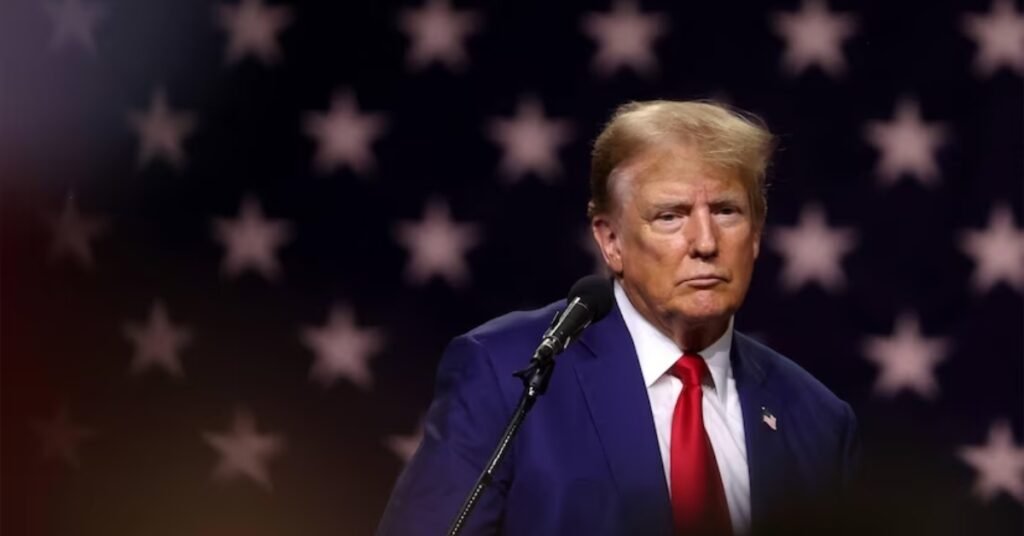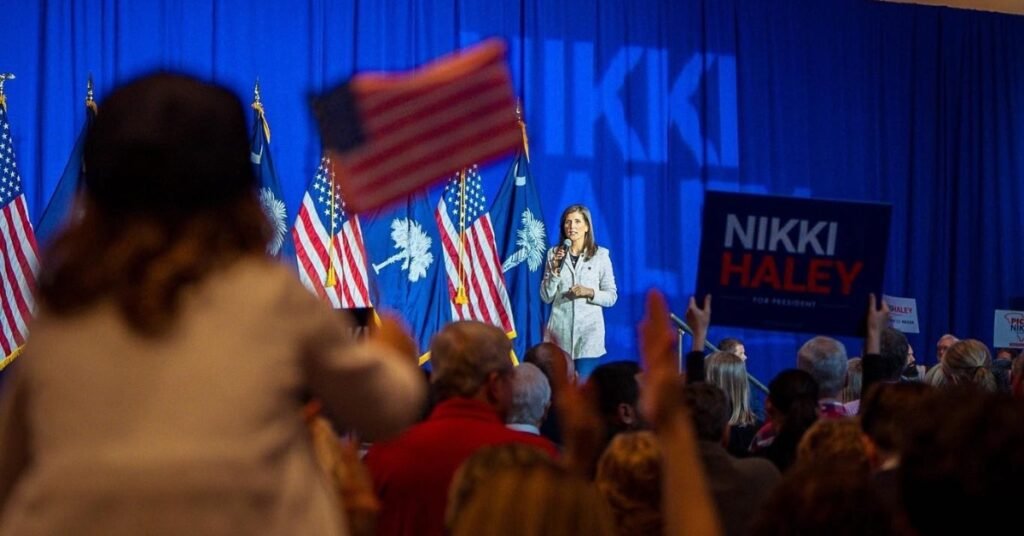Explore the pivotal Supreme Court case affecting the Biden administration and social media companies on free speech and misinformation. Key insights on content moderation, election integrity, and digital discourse.
Table of Contents
In a pivotal moment that could shape the handling of election interference and misinformation online, the U.S. Supreme Court appears inclined to side with the Biden administration over the extent of government interactions with social media companies.
This case, significant in the lead-up to the final months of the 2024 campaign, is under the judiciary’s microscope, with the potential to redefine the boundaries of free speech in the digital age.
Understanding the Controversy
At the heart of this legal battle are actions taken by the White House and various federal agencies, deemed by some as undue pressure on platforms like Meta Platforms Inc. and Google’s parent company, Alphabet Inc., to moderate content that could mislead the public about the pandemic and the 2020 election results.
Critics argue this constitutes a form of censorship, while supporters see it as a necessary measure against the spread of falsehoods.
Key Arguments and Judicial Perspectives
- Questionable Restrictions: The Supreme Court’s examination follows lower-court decisions that limited federal officials’ ability to request content removal, rulings that some justices find questionable.
- Government’s Role and Free Speech: The core issue revolves around balancing government efforts to combat misinformation while respecting the Constitution’s free speech protections.
Key Judicial Comments
| Justice | Comment |
|---|---|
| Brett Kavanaugh | Highlighted the routine nature of government-media communication. |
| Amy Coney Barrett | Questioned the absoluteness of restricting government interactions with social media. |
| Neil Gorsuch | Expressed concern over the administration’s direct approach with social media platforms. |
The Clash of Opinions
- Scepticism from the Bench: Several justices expressed doubts about the broad legal claims made by the Republican attorneys general from Louisiana and Missouri, who have labelled the administration’s actions as a “federal Censorship Enterprise.”
- A Unified Front?: Despite differing views within the court, there’s a general trend towards questioning the lower courts’ restrictive rulings.
Major Concerns Raised
- The potential overreach of federal agencies in moderating online speech.
- The distinction between legitimate government communication and unconstitutional coercion.
- The impact of such a ruling on future government interactions with digital platforms.
Looking Ahead
As the Supreme Court mulls over this case with implications for free speech, misinformation, and the integrity of elections, its decision, expected by late June, is eagerly anticipated.
The ruling could grant the federal government more leeway in its efforts to influence social media moderation practices, or it could reinforce the barriers against perceived government overreach in the digital realm.






